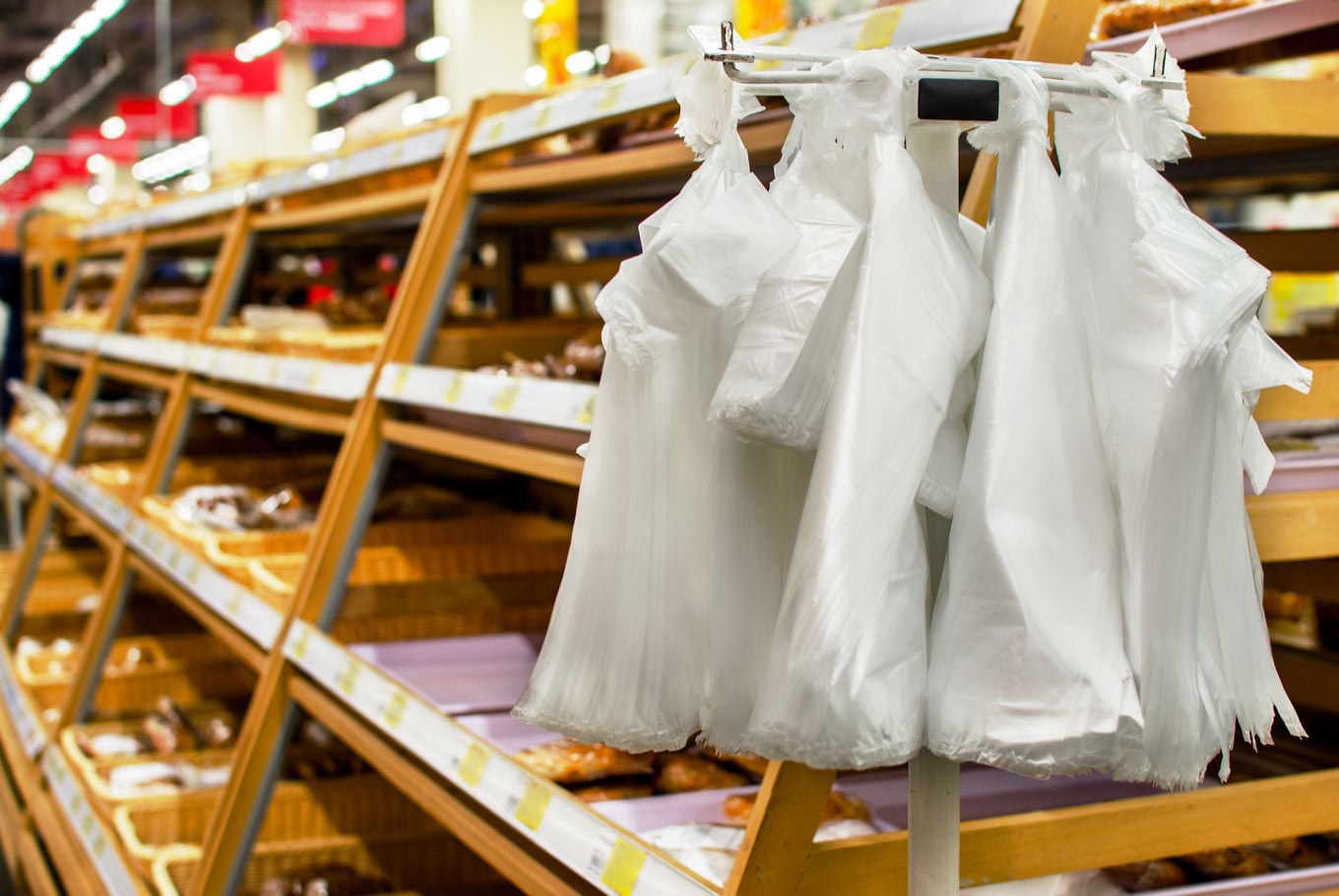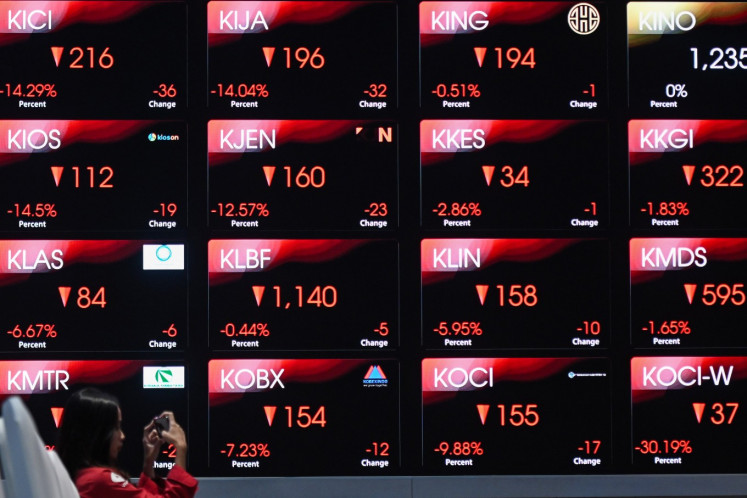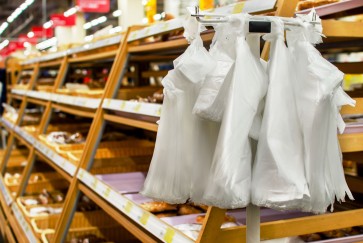Popular Reads
Top Results
Can't find what you're looking for?
View all search resultsPopular Reads
Top Results
Can't find what you're looking for?
View all search resultsAverting the global plastic waste tsunami in Indonesia
Change text size
Gift Premium Articles
to Anyone
R
ecently, awareness about plastic waste and its impact has found a place in the hearts and minds of Indonesians and communities worldwide. The urban lifestyle is shifting gradually away from single-use plastics, and heading toward plastic reduction regulations, among other things.
Bulk stores are a new trend to change the delivery system of products. Instead of buying products in packaging wrapped by supermarkets or certain brands, there is a growing market now for conscious consumers who bring their own containers, sacks or empty jugs to bulk stores to buy washing liquids, or some grams of grains, nuts, vegetables, etc. based on their liking or need. Zero Waste Stores in Bali and Toko Organis in Bandung, West Java, are some examples of bulk stores.
Global plastic production has steadily increased to almost 350 million tons per year in 2017, growing three times faster than the global gross domestic product.
Worldwide, recyclable plastic trade value is US$5 billion per year. In 2018, Indonesia imported 320,500 tons of plastic scraps from 42 countries with a trade value of around $102,300. This figure was double the volume and value of the trade in 2017, as an impact of China’s ban.
Interestingly, Indonesia’s top trade partners in 2018 were the Marshall Islands and the United States. The trade volume imported from this small island state was double the amount imported from the US.
Domestically, Indonesia generates about 9.6 million tons of plastic waste annually, or about 15 percent of the total waste generation. In 2018, the plastic recycling rate was only 11 percent, or 1 million tons of domestic plastic waste. The rest leaked into waterways, soil and the ocean.
Apart from lifestyle market forces, global politics also influences the destiny and fate of plastic waste in the country

















